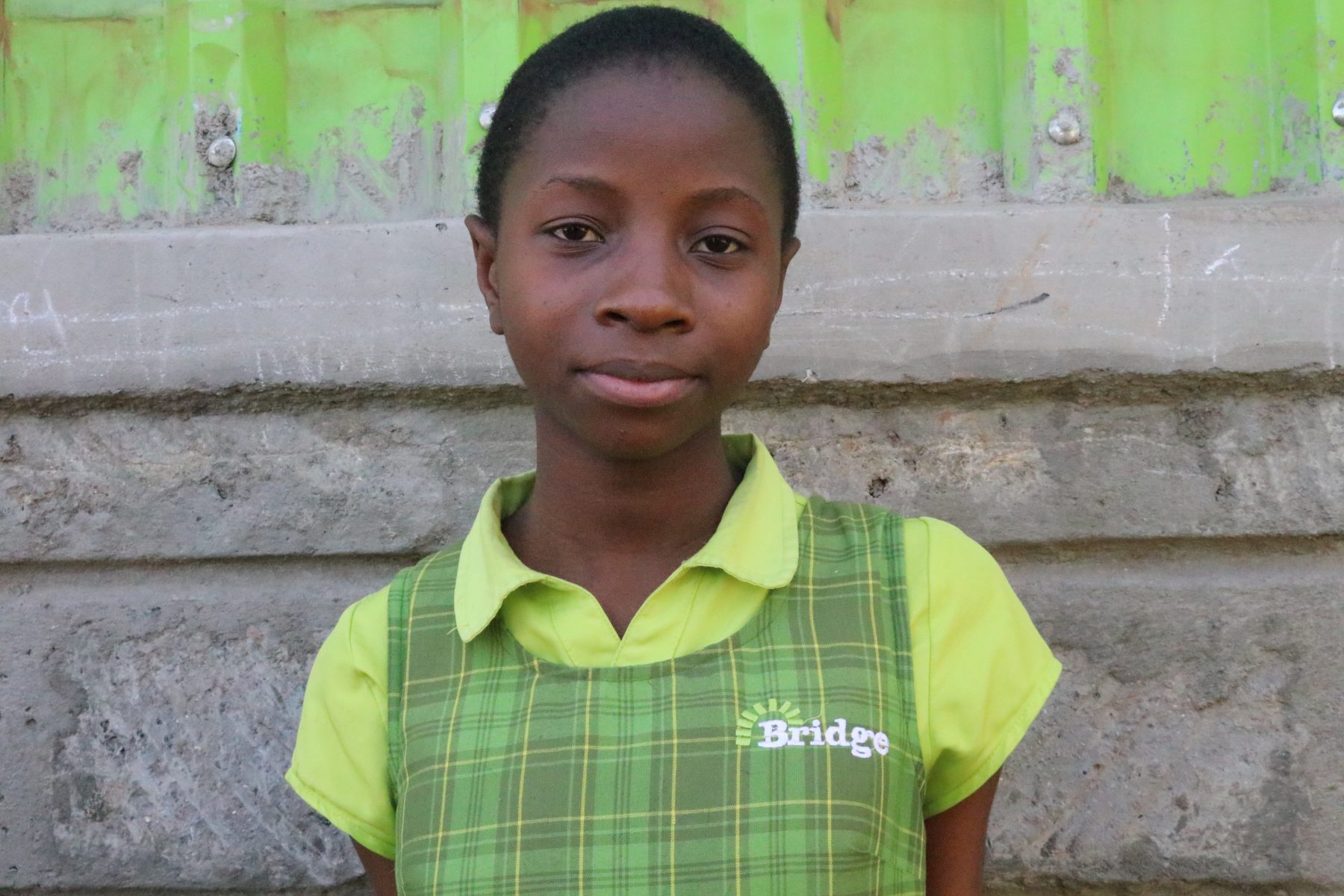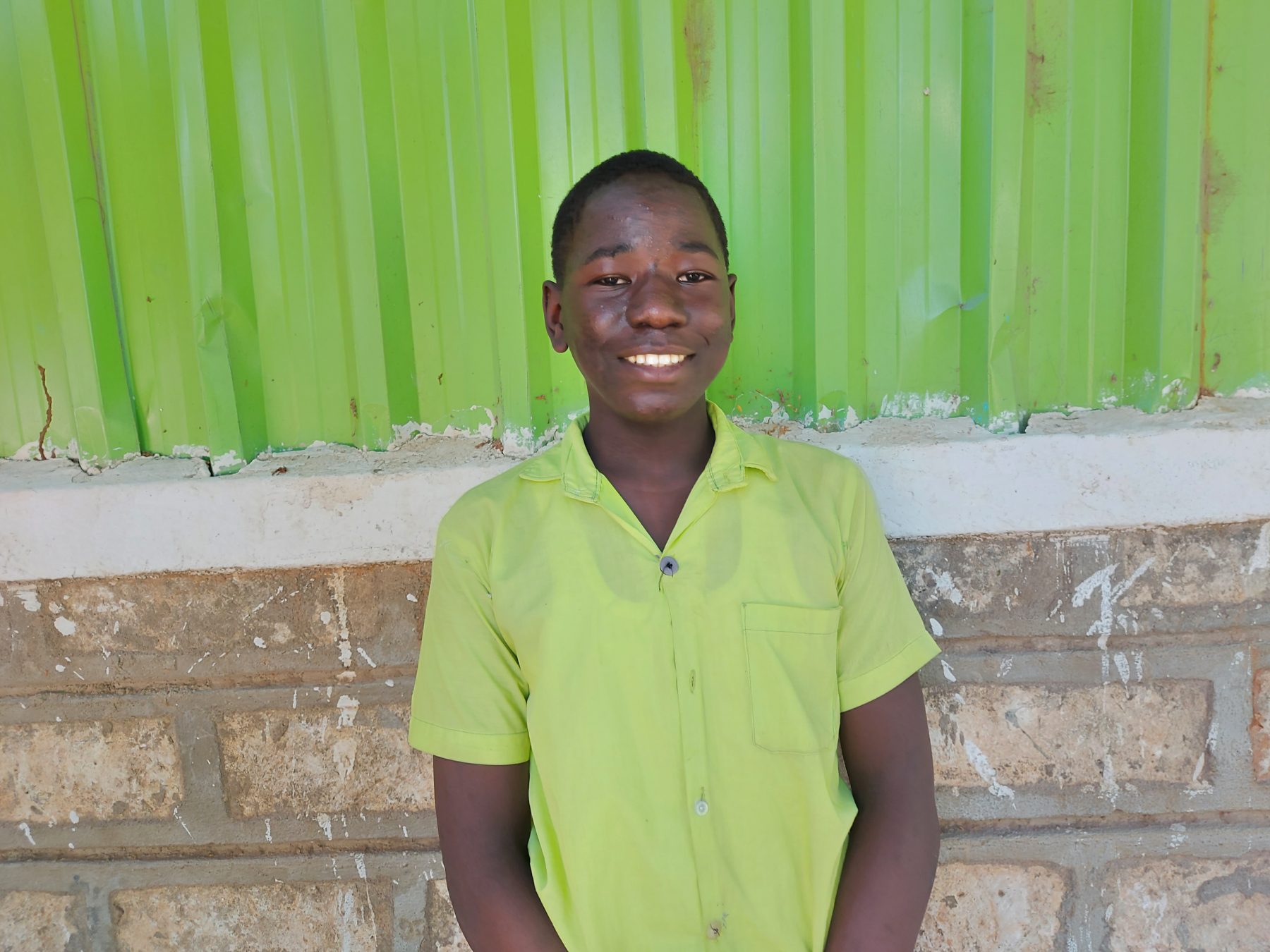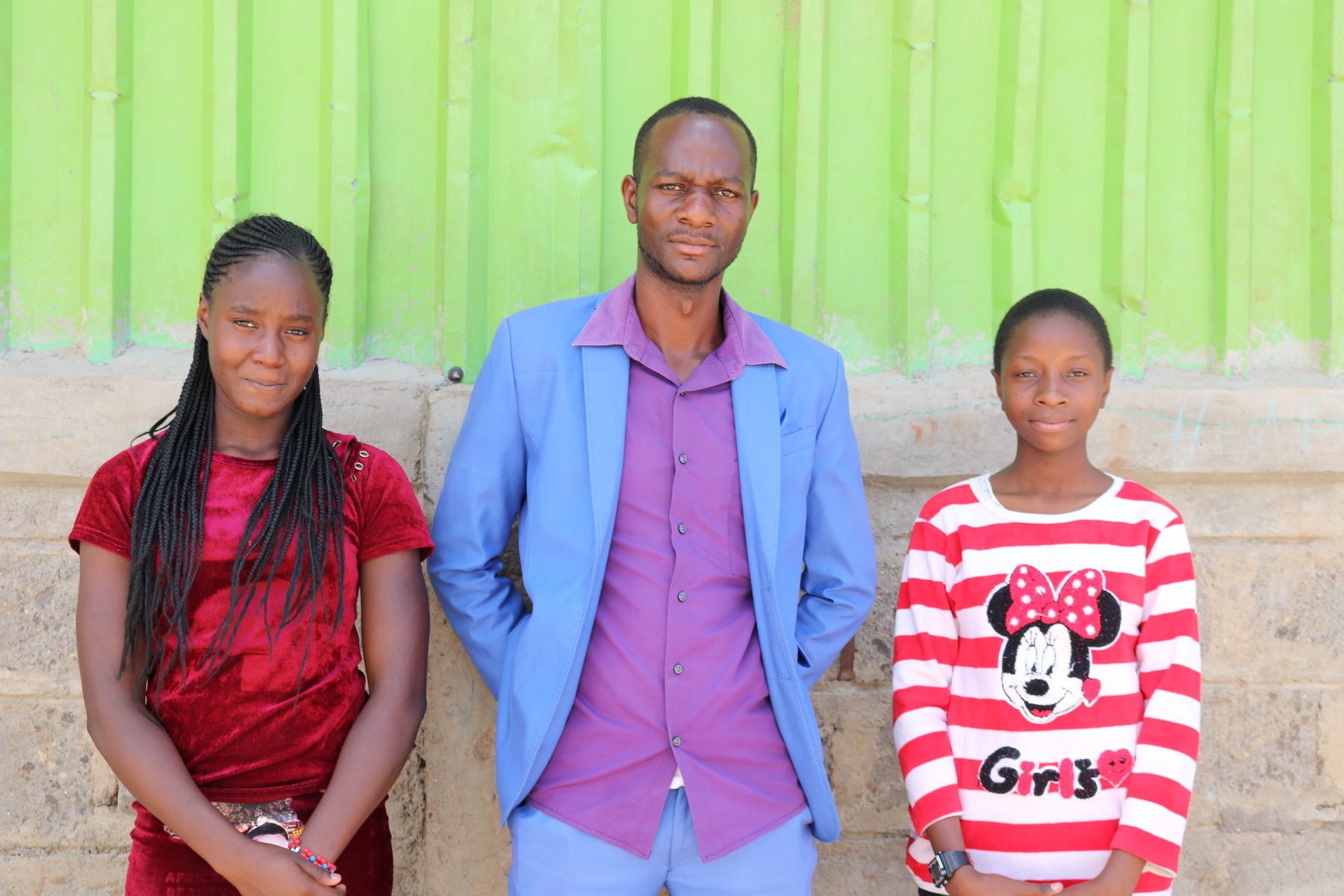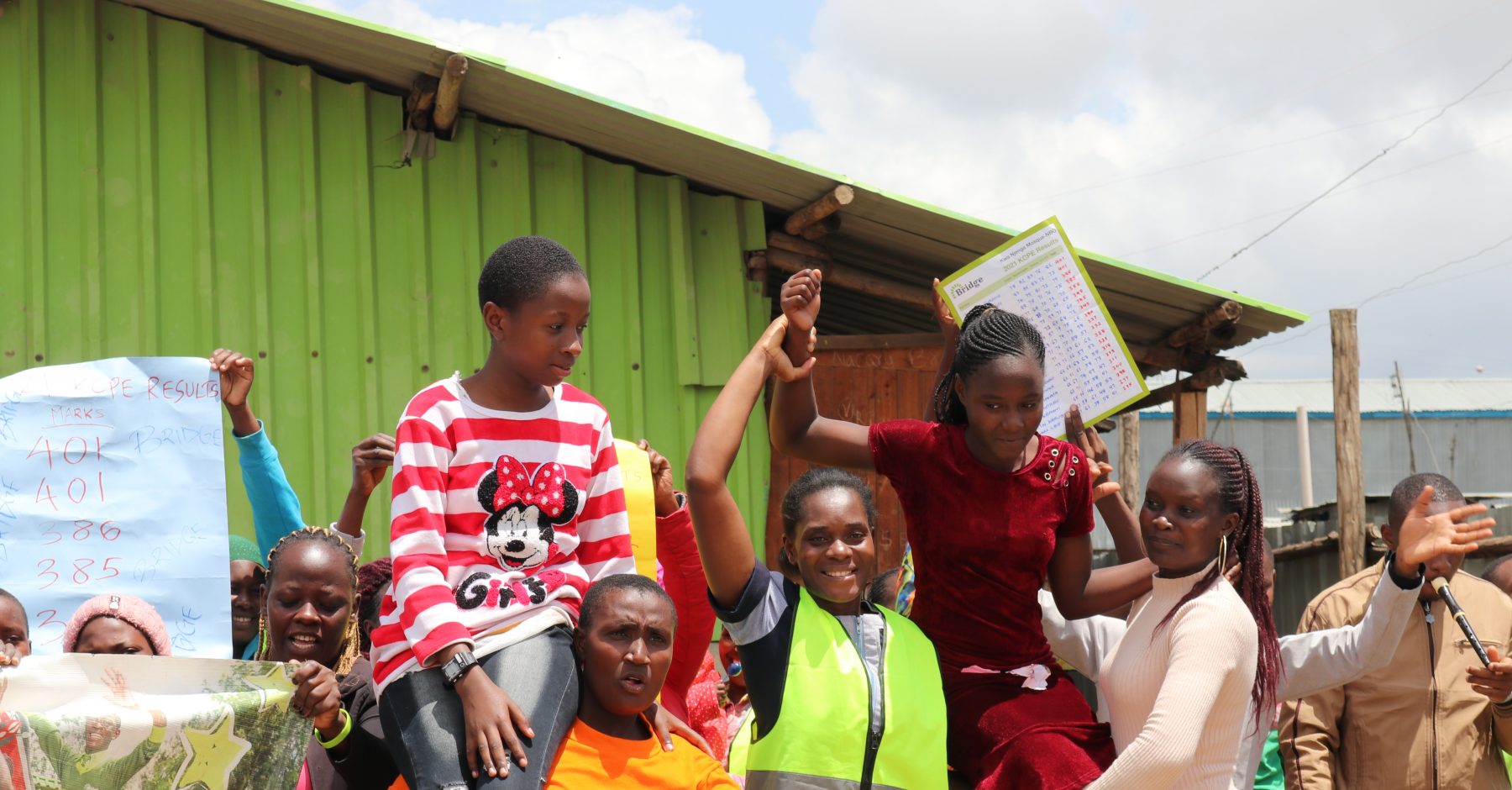Bridge Pupils get admission to top national schools

For children from informal settlements, finishing primary school is considered challenging and attending some of the top secondary schools in Kenya would have been unimaginable. Yet, due to the strong foundations set by teachers across their academies, Bridge pupils have been selected to attend top secondary schools that would have previously been seen as beyond reach.
Bridge Kenya runs affordable low-cost community schools across the country, and has been serving the underserved communities for close to 15 years now.
The transition of pupils from underserved communities into strong secondary schools is important for not only the immediacy of the opportunity and advantages that it gives the individual children and their families. Over time it is important because it shifts the prosperity of communities that have stuck in the cycle of poverty for decades with no way out.
Life in the informal settlements is difficult and tough. Cognizant of this, President Kenyatta gave a directive for needy and vulnerable children from informal settlements in urban areas to be considered for placement into national schools.

This year, Bridge entered 1,975 candidates for the KCPE exams; 1013 boys and 962 boys. For the seventh consecutive year, our pupils outperformed the national average, scoring 17.7 points better. The average Bridge score was 267.7 points in contrast to 250 points which is the national average. This difference is equivalent to approximately 1.09 year of additional schooling.
The average pass rate for Bridge pupils was 61.5%, with the passing rate of pupils who have been at Bridge for five years and above at 76%. The average score of pupils who have learned at Bridge for more than 5 years was 290.5 marks compared to 283.3 marks the previous year. The stats show that the longer children attend a Bridge school the better their performance.
Our best performing boy was Edwin Oduor from Majengo Mapya Community in the greater informal settlements of Likoni, Mombasa. He scored an outstanding 402 marks and has been selected to join Starehe Boy’s Centre and School.
Our top performing girls were Joyce Kemunto and Florence Kwamboka from Mukuru Kwa Njenga Community in Nairobi, both scoring 401 marks. Joyce and Florence have been selected to join Alliance Girls High School and Nyabururu Girls High School respectively.

Since 2015, the number of girls attending Bridge schools who excel in the KCPE with at least 250 marks and above has increased by 30%.
At Bridge, ensuring success on high stakes exams is a pivotal component to our efforts to provide a life-changing education that ensures pupils are able to thrive even after completing primary school.
All of our instructional materials are designed based on a thorough analysis of the national curriculum content to ensure we are giving pupils the best possible instruction and practice opportunities.
Our classroom lessons are delivered using digital teacher guides, which are designed to enhance the content presented to the pupils in the textbooks. Teacher guides include teacher modeling of frequently missed questions as well as sub-skills required to answer test questions correctly.
The teacher guides also include built-in opportunities for the teacher to provide pupils with feedback on how they are performing.
Additional activities in teacher guides are specifically designed to support success in the KCPE exam. These include quizzes, which allow for quick practice answering actual test questions, as well as KCPE revision lessons, which provide a review of syllabus content covered in prior years that is covered in the exam.

1.8% of Bridge pupils who sat for the 2021 KCPE exams have been accepted into elite national schools in the country, including the traditional giants such as Alliance Girls High School, Starehe Boys’ Centre and School, Lenana School, Maseno School, and Nairobi School among others. 58% of Bridge pupils who sat for the 2021 KCPE exams have been accepted into Extra-County and County Schools.
Many children from underserved communities would have a far greater opportunity to attend top secondary schools if they had the foundations in place from a primary level. Girls such as Joyce Kemunto and Florence Kwamboka from Mukuru Kwa Njenga community have done incredibly well to get selected into top national schools, but not everyone is as fortunate. We must strive to provide strong learning opportunities for all children, including those from informal settlements so that everybody has an equal opportunity to turn their dreams into a reality.
